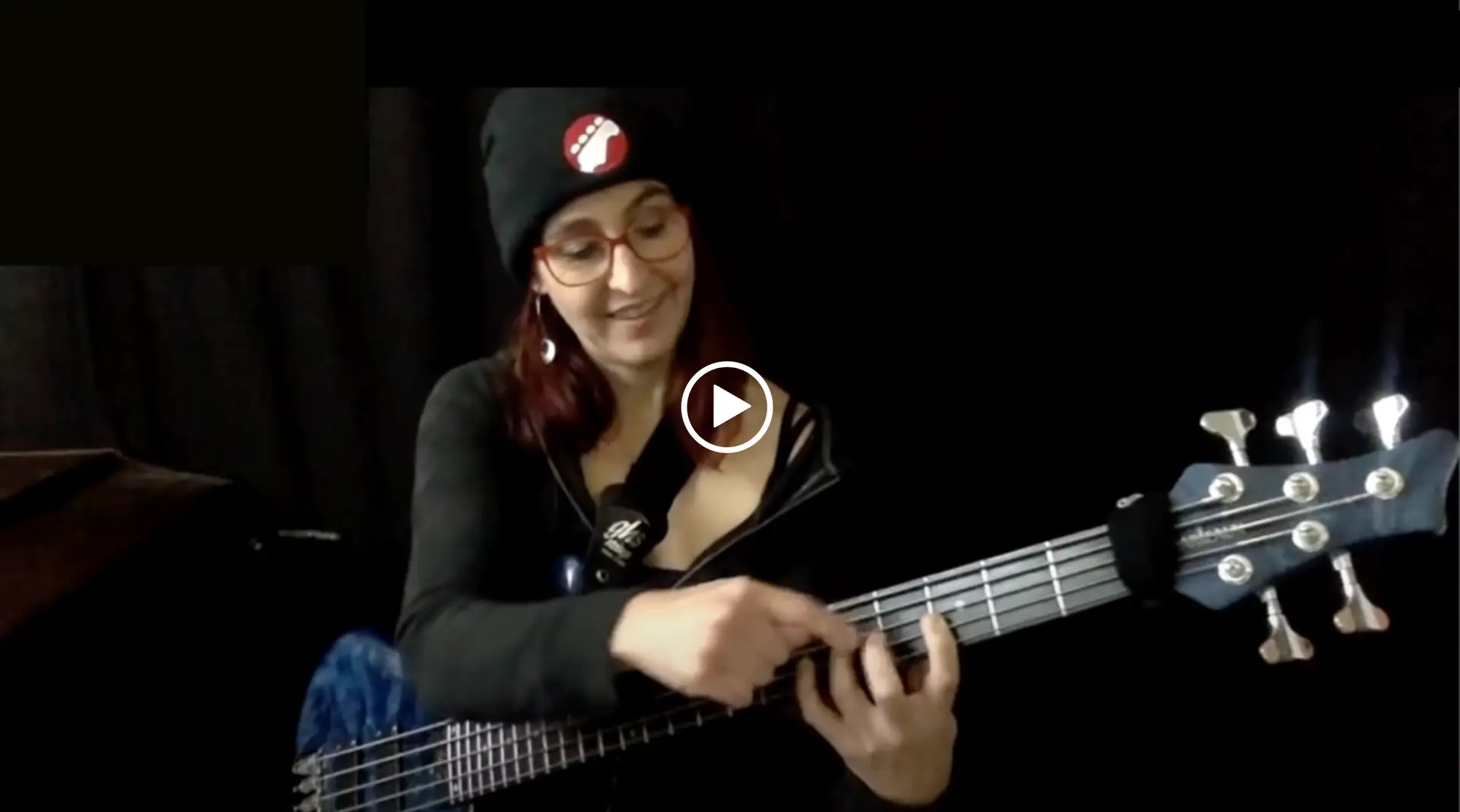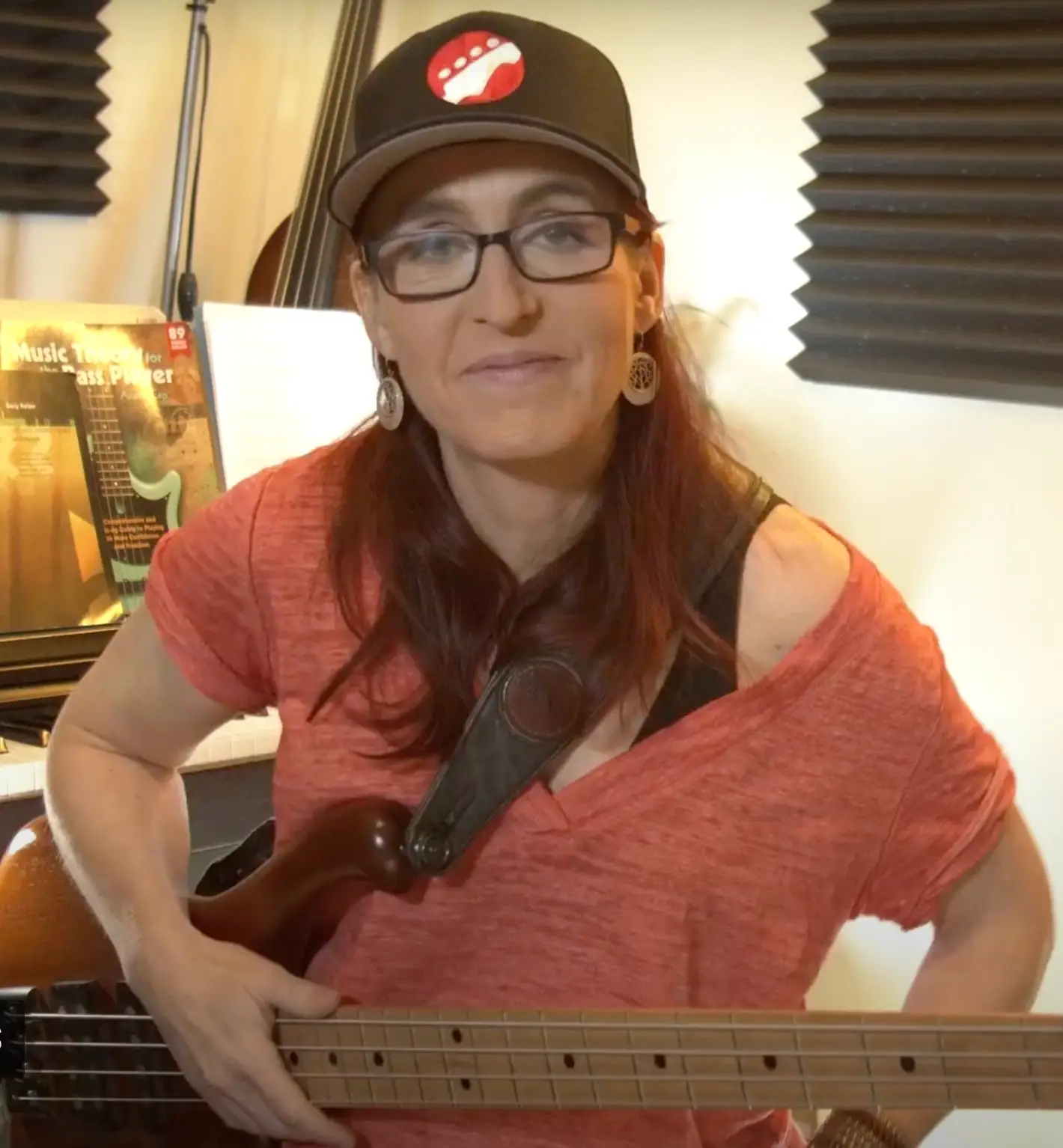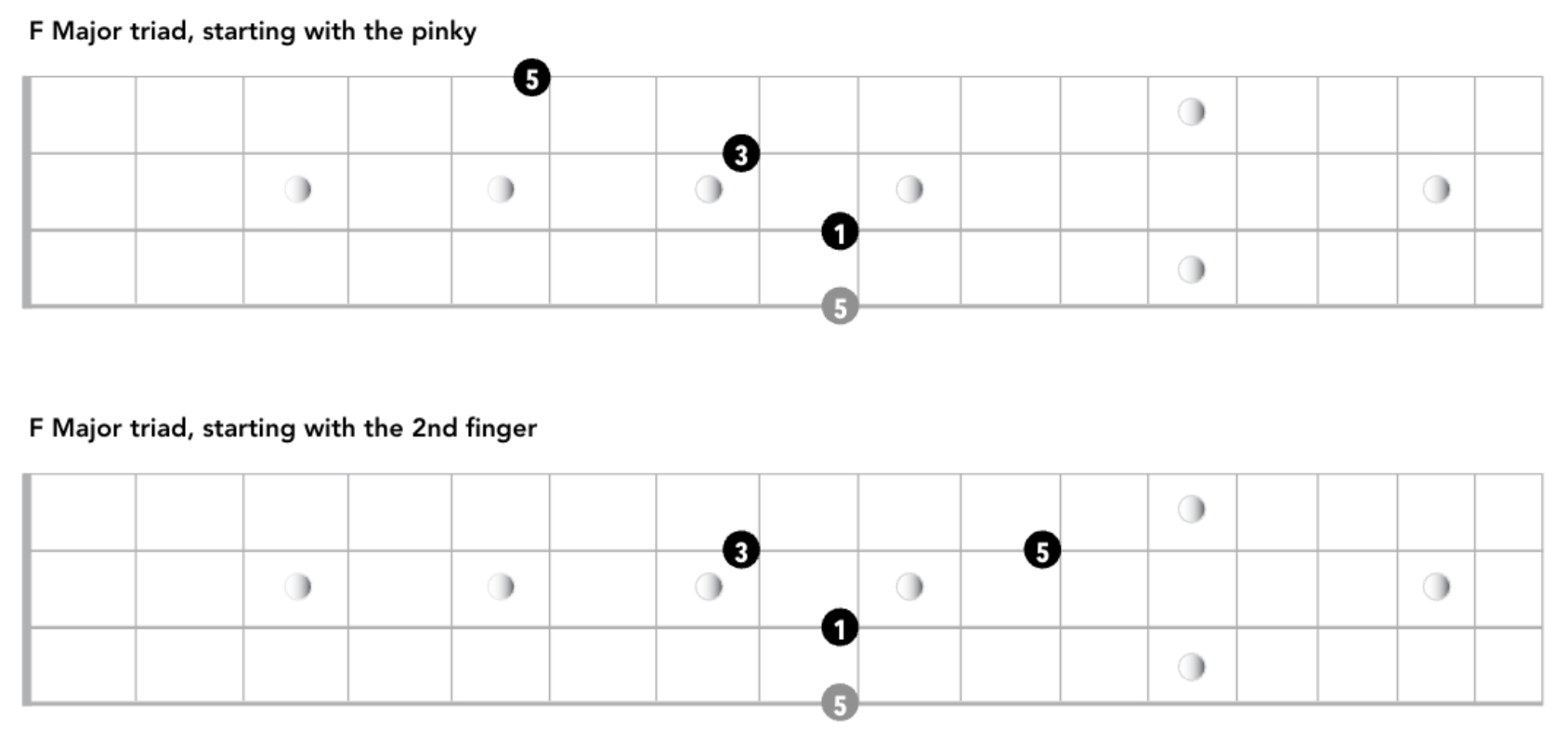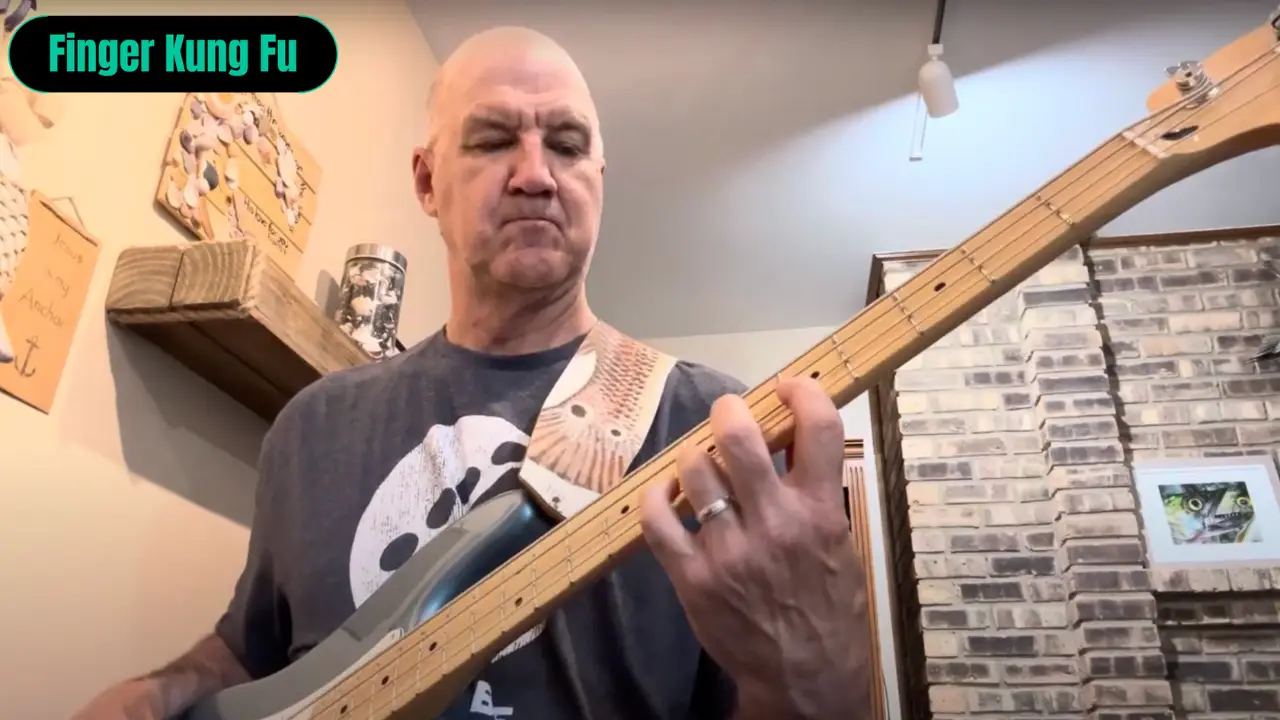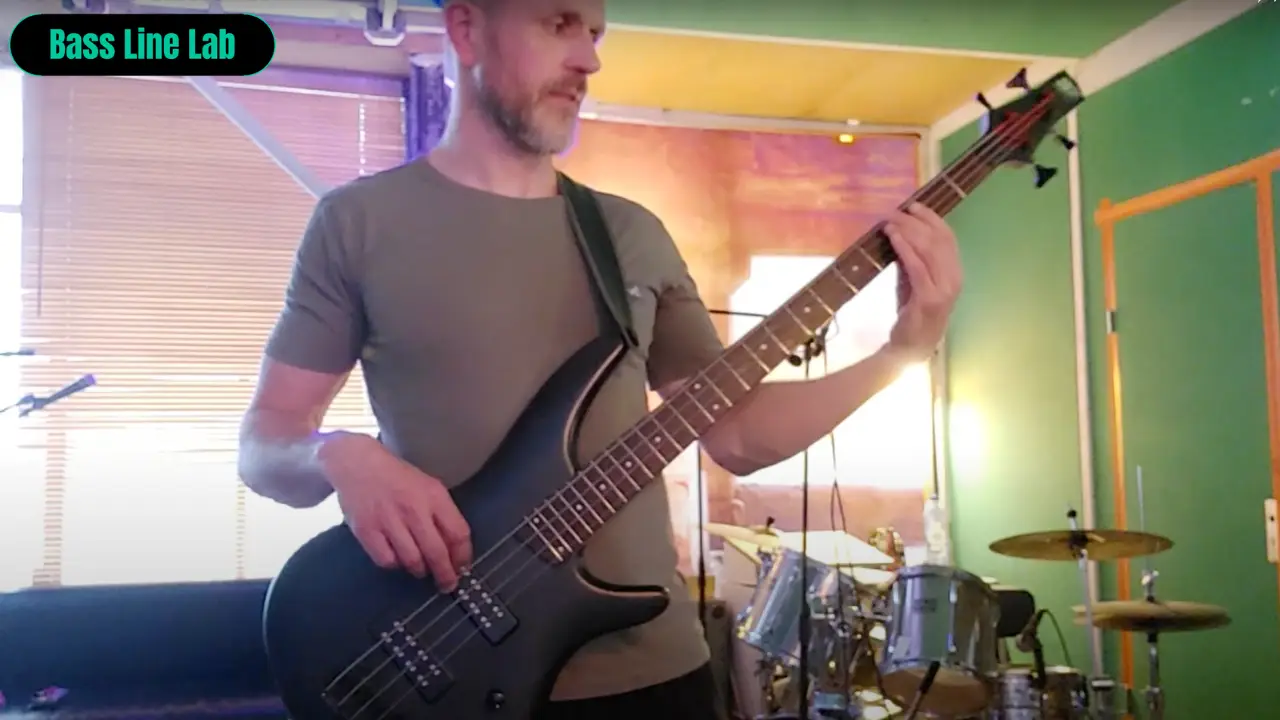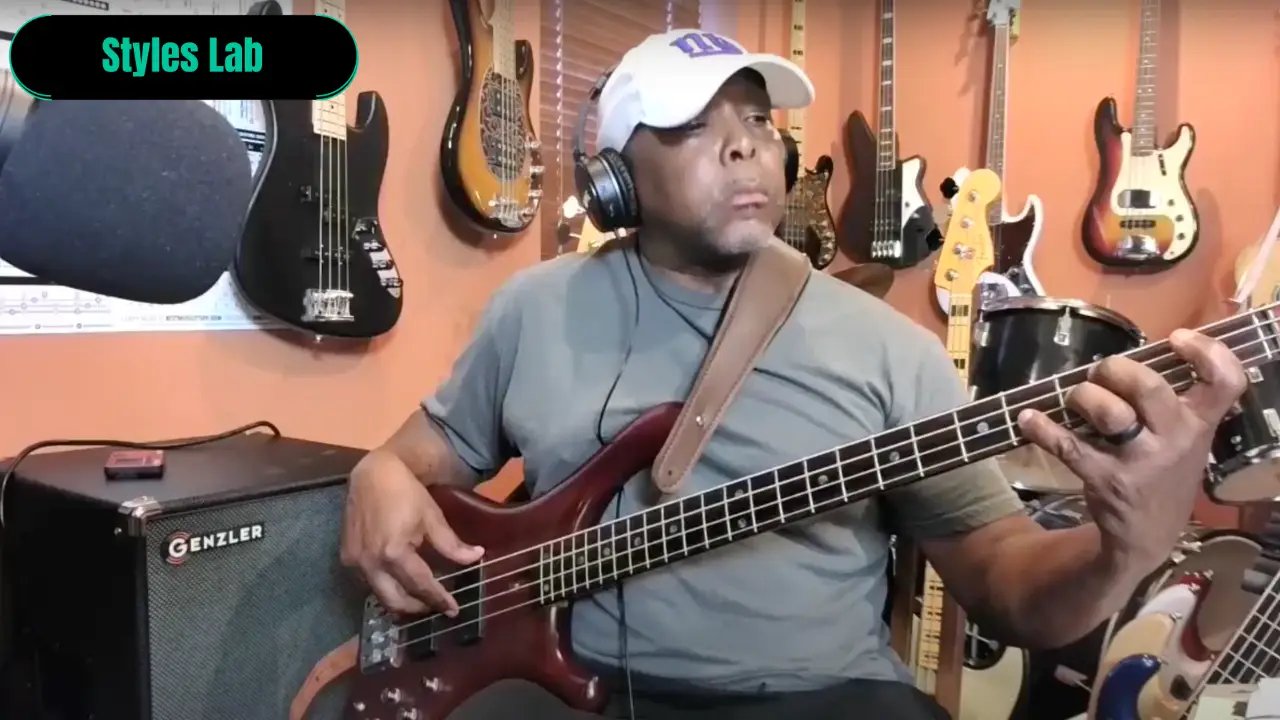I have a few Quora answers for you today. The first one is for guitarists, but highly relevant for us bassists, as well.
Guitarists/Pianists omitting the fifth in chords
One person commented on my answer: “This is one of the best two-minute music lessons I have experienced, maybe ever…”
I am grateful for the accolade and I think the reason my answer resonated with the commenter is that I touched on a few topics that help simplify the understanding of chords and sounds.
If you are in my ear training course then you know I regard all intervals that are perfect as the “open” sounds. Maybe you have never considered hearing intervals (and chords) in terms of “sound classes” but I have been very successful helping students make sense of the myriad of sounds by dividing them into four unique sound classes:
- “tense”
- “pretty”
- “open”
- (and “bluesy”).
The fifth is part of the “open” sound class, as is the octave, the unison and the fourth (as the inversion of the fifth). These intervals do not add a lot of information to sounds. They make a chord thicker and even muddy in certain ranges.
In my answer on Quora, I give concrete examples to help one hear the crucial differences.
In regard to some of the other answers –
Many said, “well the guitarist does not need to play the fifth because the bass player plays it”. File that away for what it’s worth – that many other musicians expect or assume you, as the bassist, to cover the fifth so they don’t have to. I still don’t think the bass is obliged to do so for the reasons I presented, but at the same time, realize that others may have that expectation! Depending on that style, this expectation may well be justified! it sure does not go unnoticed that that can be the expectation.
Enjoy!
And I have a second one today for you:
What would you call a minor chord with an added 2 and 4?
There is frequent confusion in naming chords correctly, especially when a “sus” is involved. I wrote a blog post addressing a similar quandary (ever encountered a minor-sus chord??) recently, and this answer goes right along those lines. Why is this important? To communicate effectively with other musicians, you need to understand these naming nuances. Plus, they are really, really interesting as cracking these questions undoubtedly gives you profound insights into music making.
Read Ariane Cap’s answer to What would you call a minor chord with an added 2 and 4? on Quora
For a deeper dive into music theory (presented in terms of the bass player and fretboard):




